LTSC Community Development Corporation
To provide social welfare and community development services to low income and other people in need and to provide such resources to neighboring Asian Pacific Islander and other low income communities.
Visit this organization’s website to learn more
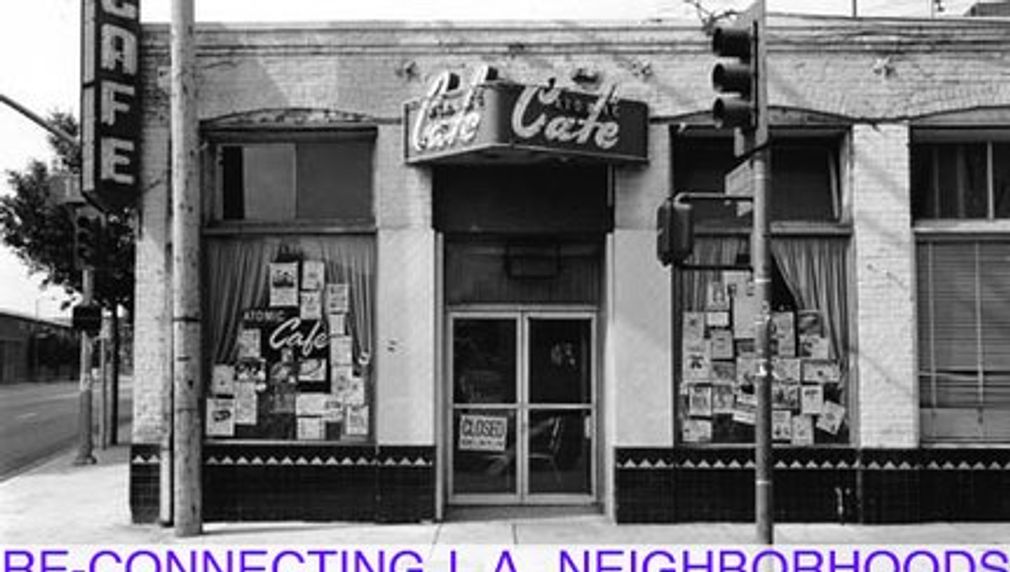
5 Submitted Ideas
 LIVE ·2025 Grants Challenge
LIVE ·2025 Grants ChallengePreserving affordable housing in East LA
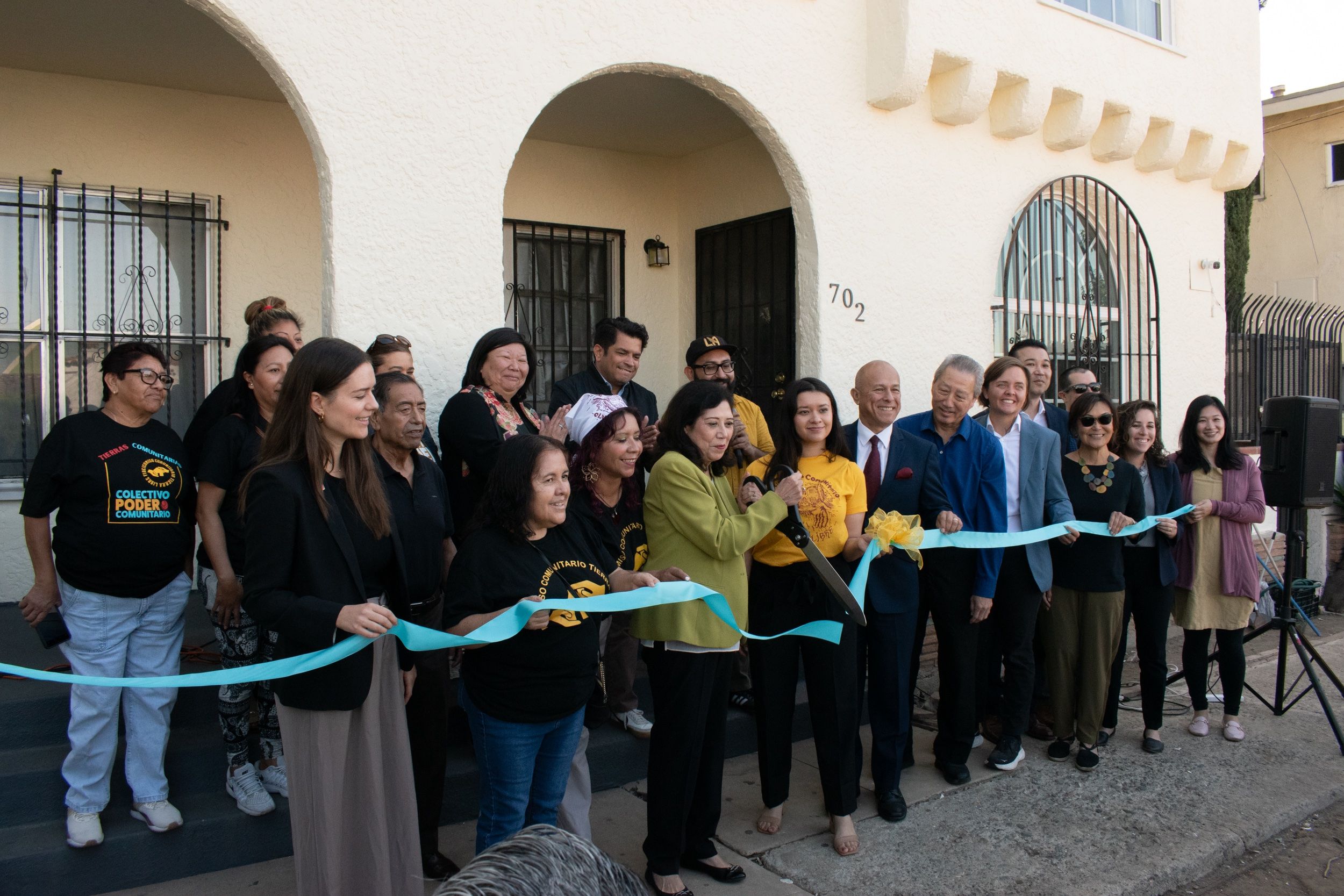
Community land trusts (CLT) are one solution to the gentrification and displacement that is happening in East Los Angeles. CLT take land and affordable housing off the speculative market and put it into the hands of the community to control. Helping community members learn how to do this work is needed for this solution to succeed.
 LIVE ·2025 Grants Challenge
LIVE ·2025 Grants ChallengeSeeing Unhoused Seniors in the South Bay

Unhoused Native Hawaiian/Pacific Islanders in the South Bay are overlooked and too often forgotten. Existing service providers do not have the language capacity to serve them. LTSC will develop the capacity of a trusted organization, SoCal PICRT, to fill this service desert.
 CONNECT ·2022 Grants Challenge
CONNECT ·2022 Grants ChallengeChanging the Tide on Mental Health
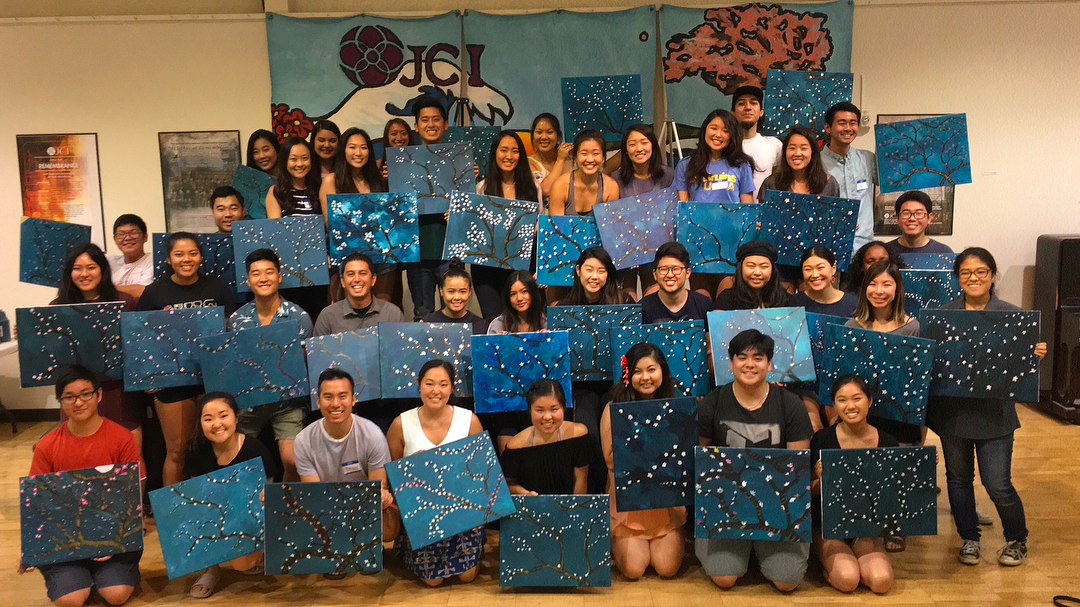
There is dire need to address the current mental health crises impacting AAPI youth in Los Angeles. Mental health services can be inaccessible for numerous reasons: stigma surrounding mental illness, lack of access to culturally-sensitive providers, language barriers, economic instability, and unavailability and inaccessibility of services. The goal of Changing Tides is to reduce these obstacles and provide an accessible, transparent, and inclusive opportunity to obtain mental health services.
 LIVE ·2022 Grants Challenge
LIVE ·2022 Grants ChallengeLittle Tokyo’s compassionate response to homelessness
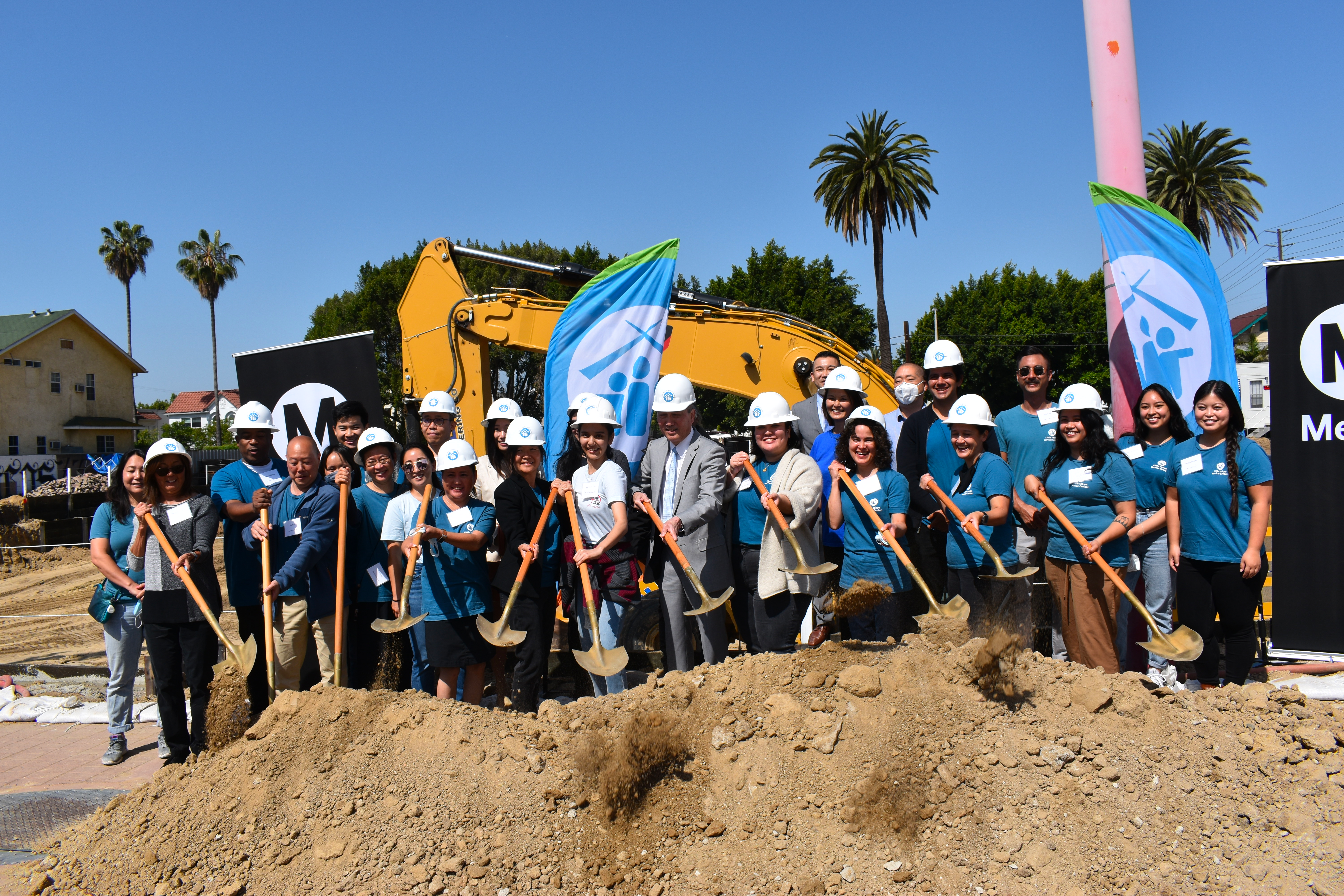
Our unhoused neighbors in Little Tokyo need help now. LTSC has been serving this community for over 40 years and is well positioned to lead a community effort to develop a humane and compassionate response to the crisis. Relying on its experience building affordable housing, providing social services and engaging with the community, LTSC will establish a community-driven approach to homelessness in Little Tokyo with one-on-one case management, permanent supportive housing and working with the community to find common ground.
- 2013 Grants Challenge
ReConnecting L.A. Neighborhoods through Music & History
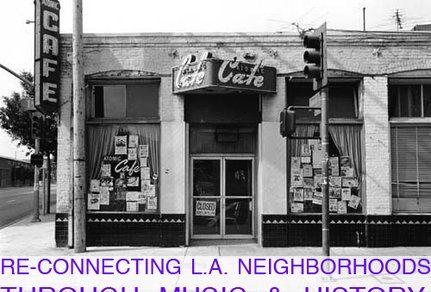
The ongoing development of LA’s light rail network is one of the city’s largest transportation investments since the construction of the original freeway system and will undoubtedly shape the future of LA. Then as now, this construction is happening in the middle of existing neighborhoods, providing new opportunities while threatening the social fabric of established communities.
LA Metro is about to start construction of the Little Tokyo/Arts District Regional Connector Station, starting with demolishing all buildings at the southeast corner of 1st/Central. One of these buildings, now home to Senor Fish restaurant, previously housed Atomic Cafe and the Troy Cafe, which were for decades significant cultural and social anchors for Little Tokyo, Boyle Heights, and the Arts District. While the light rail network physically connects LA’s neighborhoods, we have a short window of opportunity to shed light on a little known part of LA’s history and create human connections that will last for generations.
This project proposes a creative placemaking project centered around the station, slated to begin construction at the beginning of 2014. We propose 2 interconnected projects: (1) the launching of a campaign to create a permanent art installation in remembrance of the vibrant and historic LA music scene of the Atomic Café, Troy Café, and the Arts District with a kick-off celebration in Fall of 2013; and (2) a campaign to preserve the original building, scheduled for demolition by Metro, that housed both the Atomic Café and Troy Café, and served as a common meeting space for artists from Little Tokyo, Boyle Heights, and the Arts District in the ‘80s and ‘90s.
The Little Tokyo/Arts District station site is an important, but relatively unknown, marker in the history of Los Angeles’ music community. The Atomic Café, a long-time local Japanese neighborhood restaurant, was transformed in the early 1980s into one of the City’s hottest gathering spots for the burgeoning punk rock scene. Bands from across the nation and even from overseas could be found hanging out with the locals afterhours on a regular basis. According to its owner, Blondie, The Go-Gos, X, David Byrne, and David Bowie were among the Café’s patrons. Although the Atomic Café closed in the late ‘80s, the space maintained its artistic and musical spirit as the Troy Café in the ‘90s, hosting a vibrant Chicano music scene and serving as a critical venue for Boyle Heights and Eastside community musicians. Nearby, in the LA Arts District, places such as Al’s Bar stood for many years as another focal point and launchpad for local artists and musicians emerging from the underground scene to national and international prominence.
Our first project is to launch a campaign for a permanent art installation to capture this rich history by (a) gathering stories through one-on-one interviews, (b) creating an interactive platform for all Angelenos with a connection to these venues to share their stories, and (c) celebrating this movement with a live program in the fall of 2013.
Our second project is a campaign to preserve and relocate all or part of the original Atomic Cafe building located at the station site. When completed, the Little Tokyo/Arts District RCS will be one of the busiest transit hubs for Metro’s light rail station, providing access to 90,000 passengers every day and attracting visitors, investors, and developers to Little Tokyo and the Arts District. However, the station will eliminate this cultural gem and clear away a rich history. Instead, we want to preserve it future generations. In the face of this imminent loss, we will knit together three neighborhoods - Little Tokyo, the Arts District, and Boyle Heights - with all Angelenos in a celebration of music, culture, and history. We will work with historic preservation, engineering, and design consultants on a preservation and relocation solution. Metro requires that the building be relocated by the end of 2013, otherwise it will be demolished taking with it this piece of Los Angeles’ history. We hope to catalyze a local and regional scale social connectivity that will last for generations of Angelenos to come.